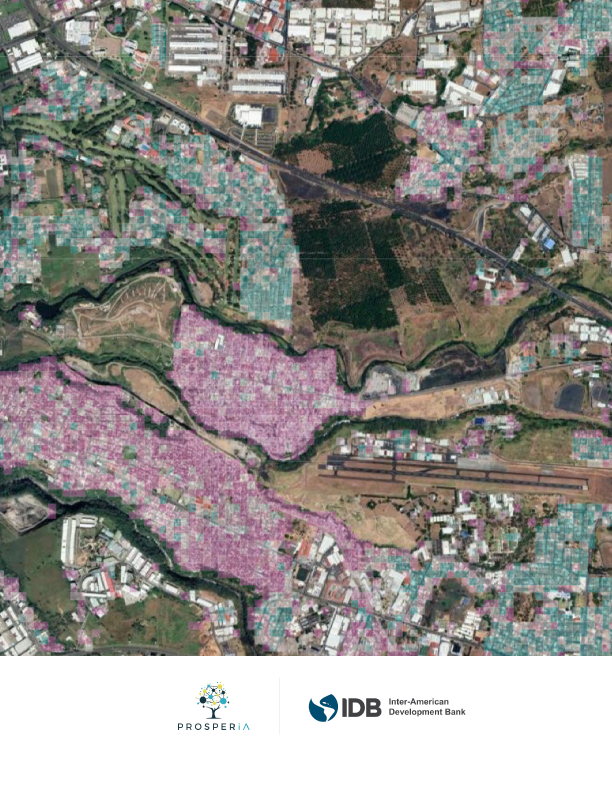Uruguay
3.0
Population 2023 (Millions)
0.8
HDI Score
2022 (Max. 1)
77.1
SDG Score
2023
(Max. 100)
0.2
Gender Inequality
Index Score
(Max. 1)
N/A
Internet Inclusivity
Index 2022
(100 countries)
Sources: 1. World Bank (2022), 2, UNDP (2021), 3. Sustainable Development Report (2023), 4. UNDP (2021), 5. Economist Impact (2022)
Overview
Uruguay, though one of the smallest countries in South America, stands out for its strong democratic institutions, progressive social policies, and relatively high levels of equality. It consistently ranks among the region’s leaders in areas like education, press freedom, and gender equality. Uruguay was the first country in Latin America to legalize same-sex marriage and cannabis, reflecting its commitment to human rights and innovation. However, challenges remain, including an aging population, youth unemployment, and regional economic dependency. Despite these hurdles, Uruguay continues to serve as a model of stability and social progress in the region.
Projects

- Latin America and the Caribbean (LAC), Uruguay
- Dates: March 2024 - June 2024
- Data Feminism
- Partner(s): Iniciativa Latinoamericana por los Datos Abiertos ILDA (Funder)
DPA, in collaboration with ILDA, conducted a case study examining the evidence available on the Overton Platform regarding the influence of research on gender-based violence in policy. Overton is touted as the world’s most comprehensive searchable index of policy documents, encompassing research, briefs, reviews, or reports aimed at influencing policy. The platform aggregates information from over a thousand sources spanning more than 180 countries and regularly updates its database. It meticulously analyzes each document to pinpoint references, individuals, and key concepts, linking them to relevant news stories, academic research, think tank publications, and other policy-related content. Through its contribution to the Overton project’s aims and research objectives, DPA aimed to identify evidence that could ultimately catalyze positive change in addressing gender-related challenges.

- Colombia, Dominican Republic, Honduras, Latin America and the Caribbean (LAC), Uruguay
- March 2022 - December 2023
- Resilient Livelihoods and Ecosystems
- Partner(s): Inter-American Development Bank (Funder), Prosperia (Lead)
In partnership with Prosperia and with support from the Inter-American Development Bank (IDB), this project aimed to create both preventive and responsive social protection systems against climate shocks and natural disasters in four Latin American and Caribbean countries: Colombia, Dominican Republic, Honduras, and Uruguay. An analysis of relevant data sources was conducted, followed by the development of a plan to access these data. Data science models were based on a strong methodological approach to develop preventive and responsive social protection systems. DPA led the knowledge exchange and outreach activities, including a webinar.
